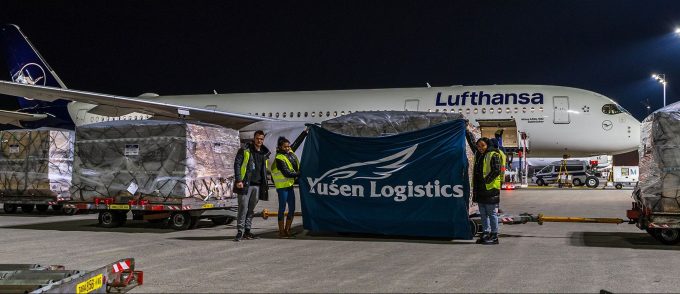Flights cancelled as German airport workers strike
As noted last week, German airports are facing chaos today as Ver.di union members down ...

The use of passenger aircraft to fly cargo-only is expected to continue this year, with Covid still hindering passenger operations and Russia’s invasion of Ukraine limiting freighter capacity.
“The impact of the sanctions is significant,” said Pierre Van Der Stichele, VP global freight at broker at Air Partner.
“Freighter capacity has already been heavily reduced by the pandemic and remains in high demand; the disappearance of additional capacity due to sanctions only exacerbates the challenges facing the air cargo industry.
“There is no ...
USTR fees will lead to 'complete destabilisation' of container shipping alliances
Outlook for container shipping 'more uncertain now than at the onset of Covid'
Flexport lawsuit an 'undifferentiated mass of gibberish', claims Freightmate
Shippers warned: don't under-value US exports to avoid tariffs – 'CBP will catch you'
Cancelled voyages take the sting out of spot rate declines this week
New Houthi warning to shipping as rebel group targets specific companies

Comment on this article